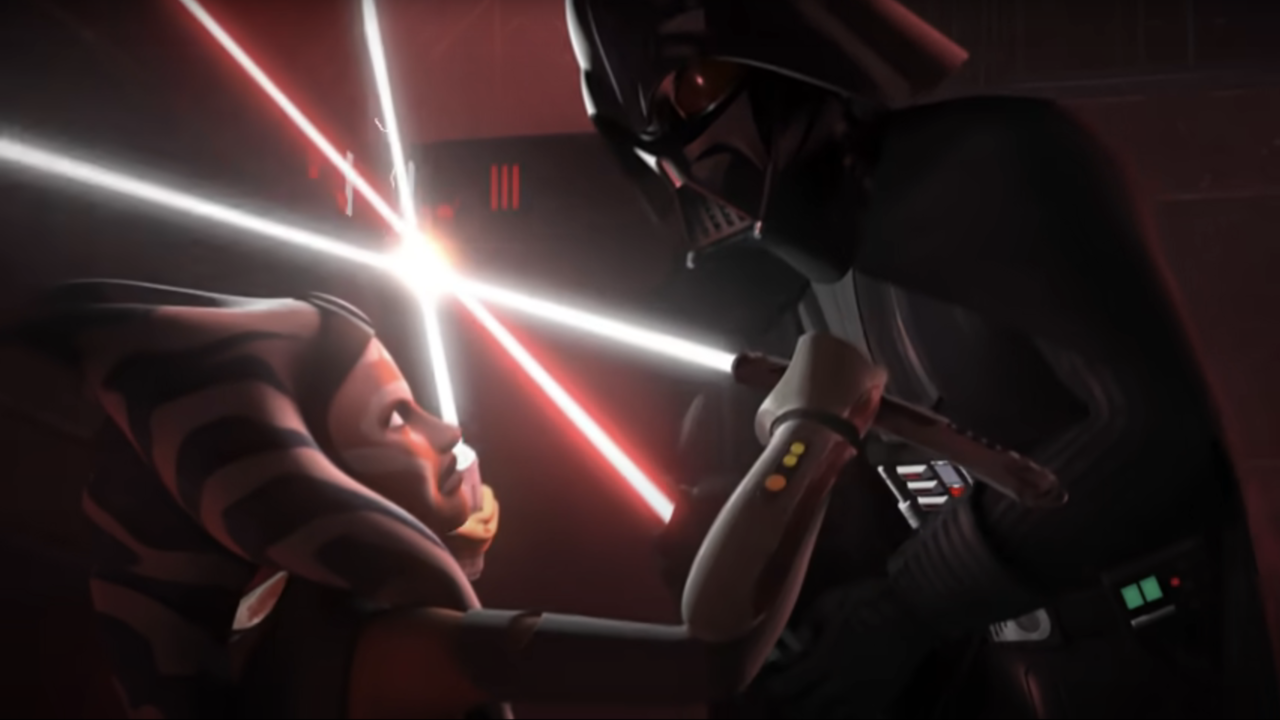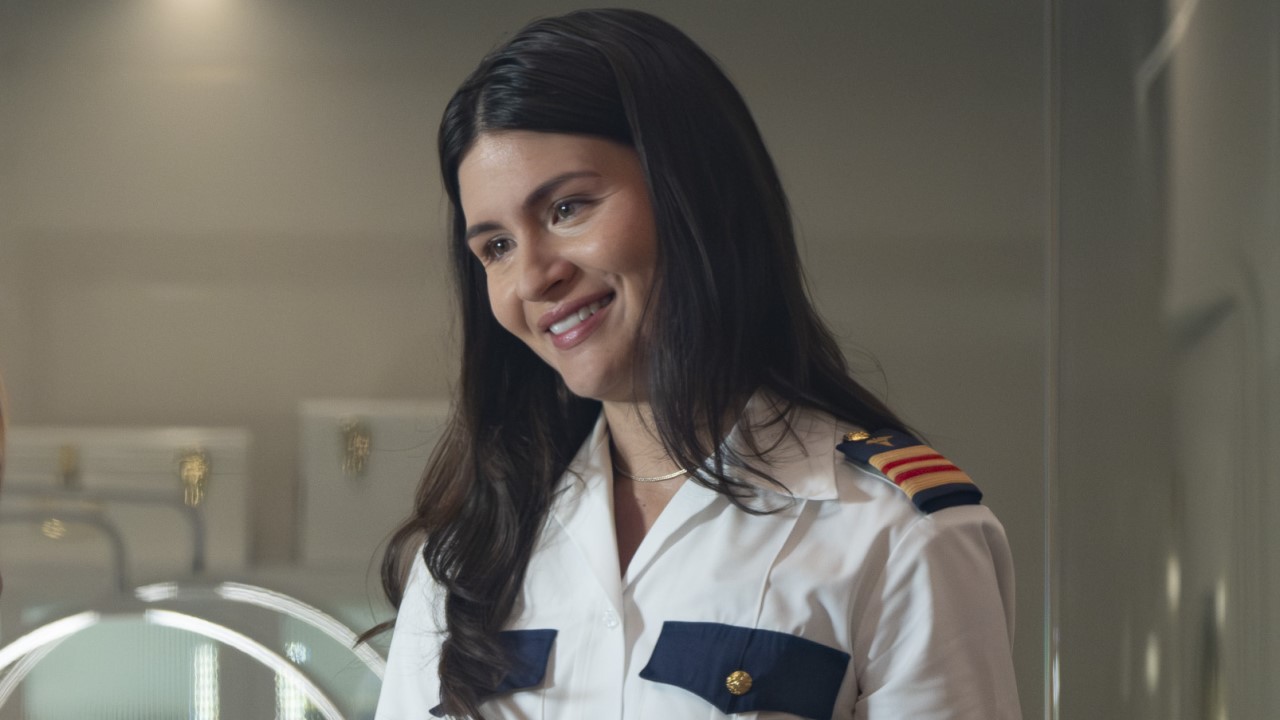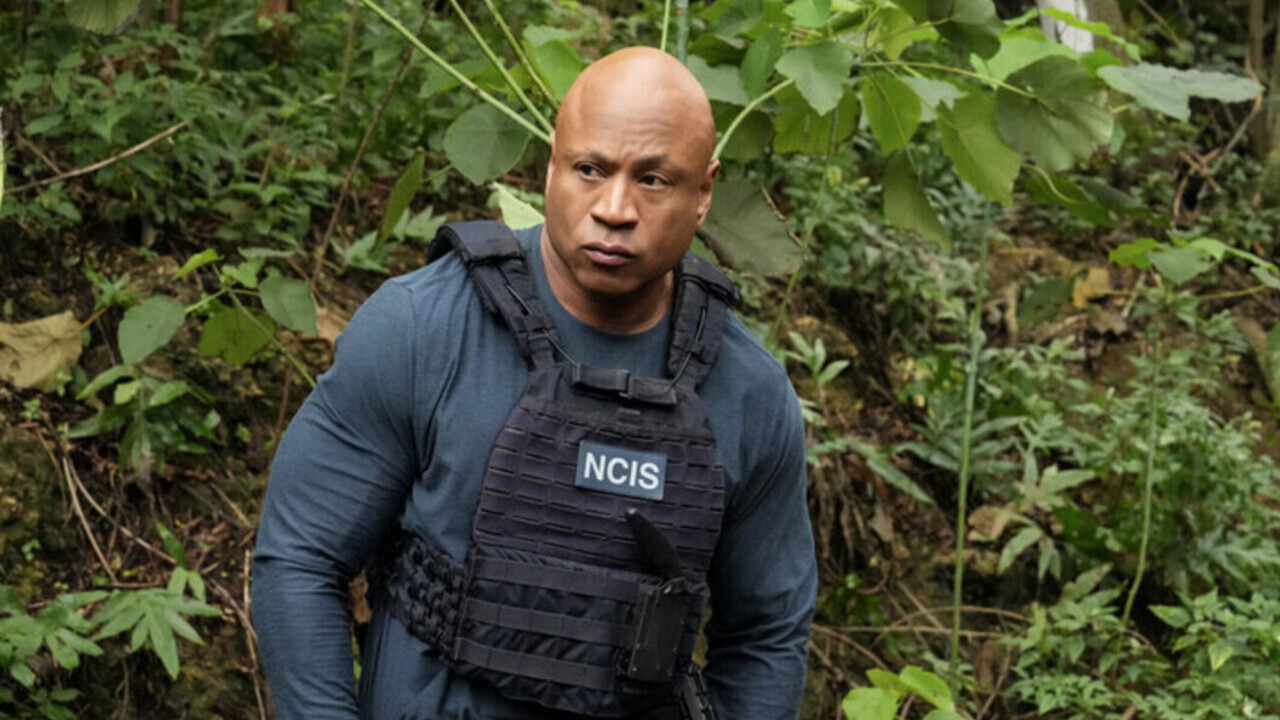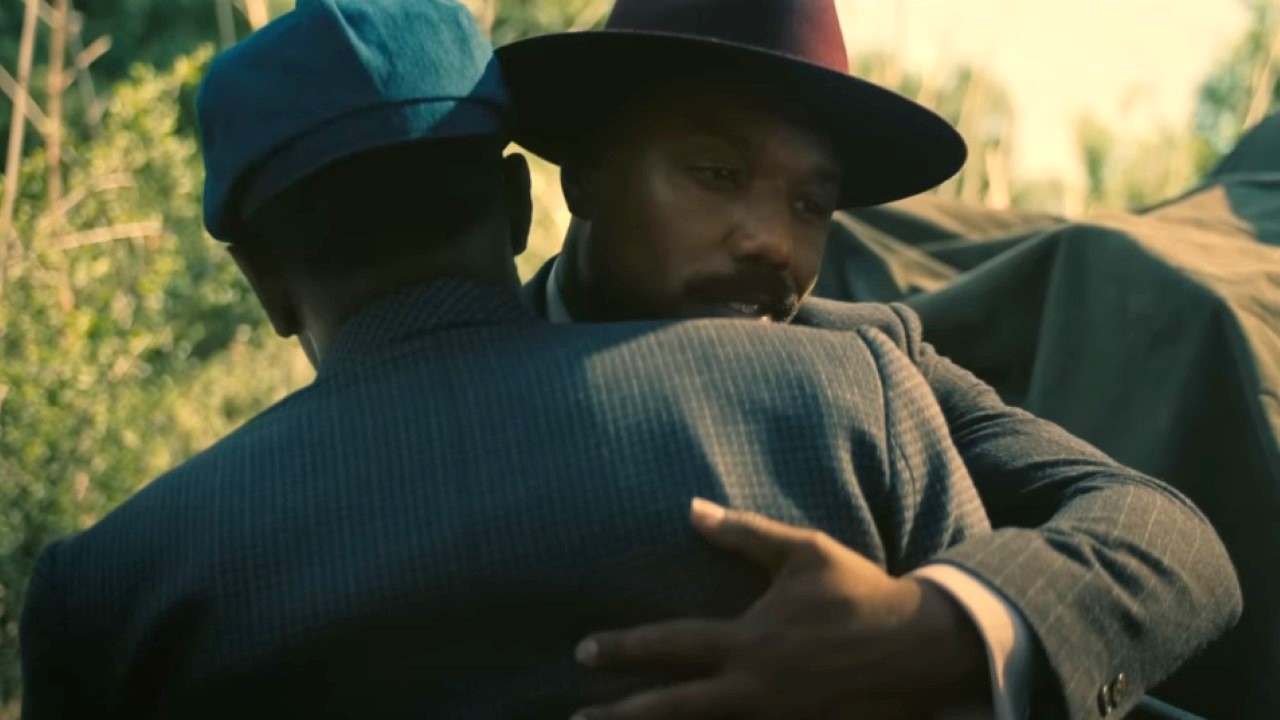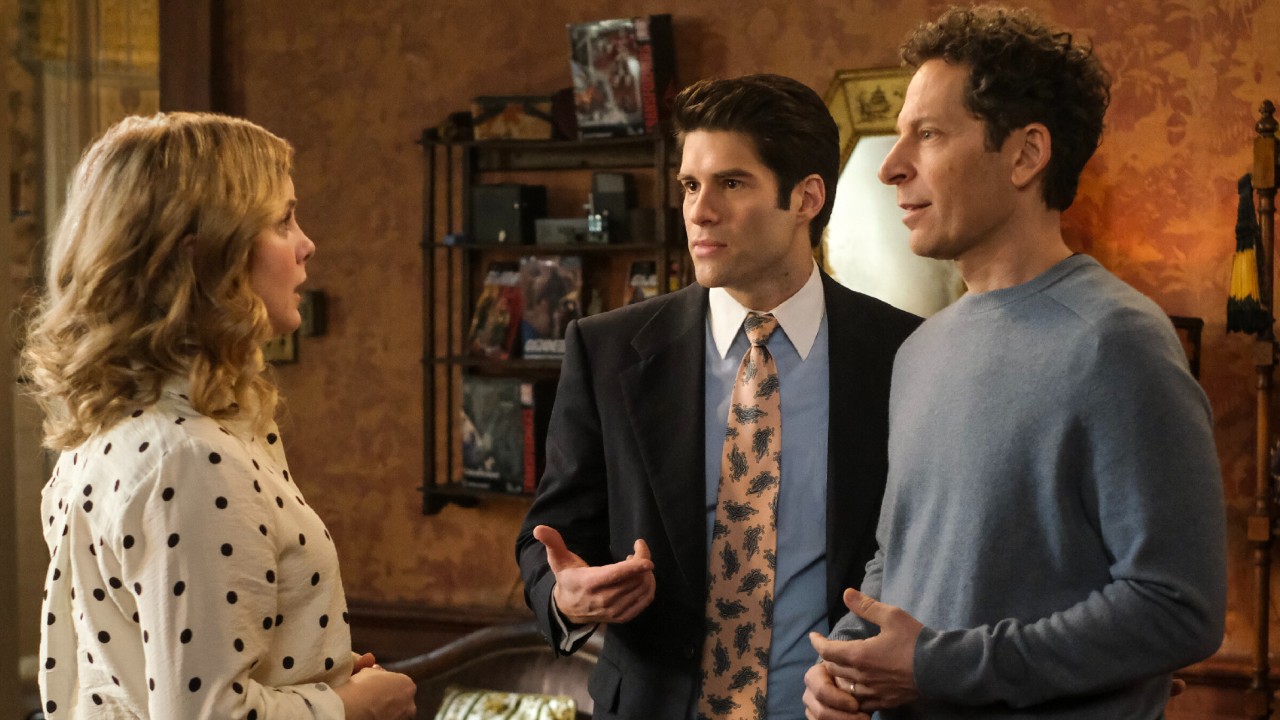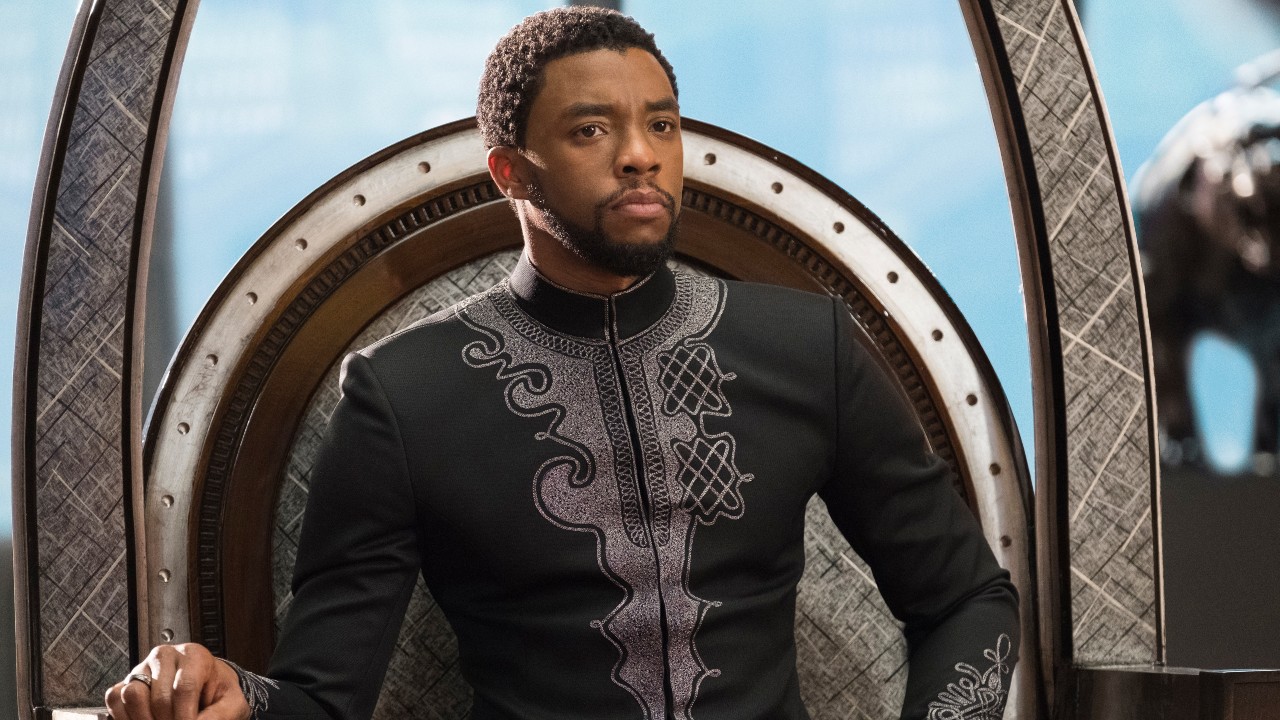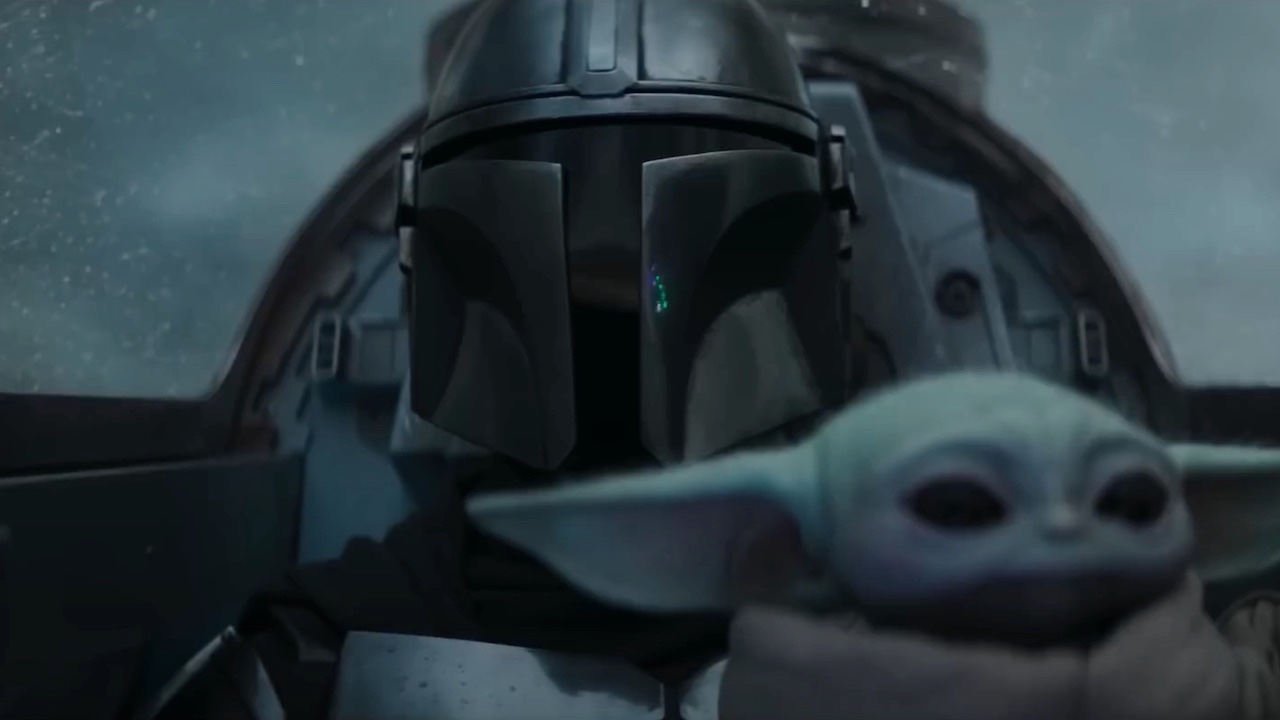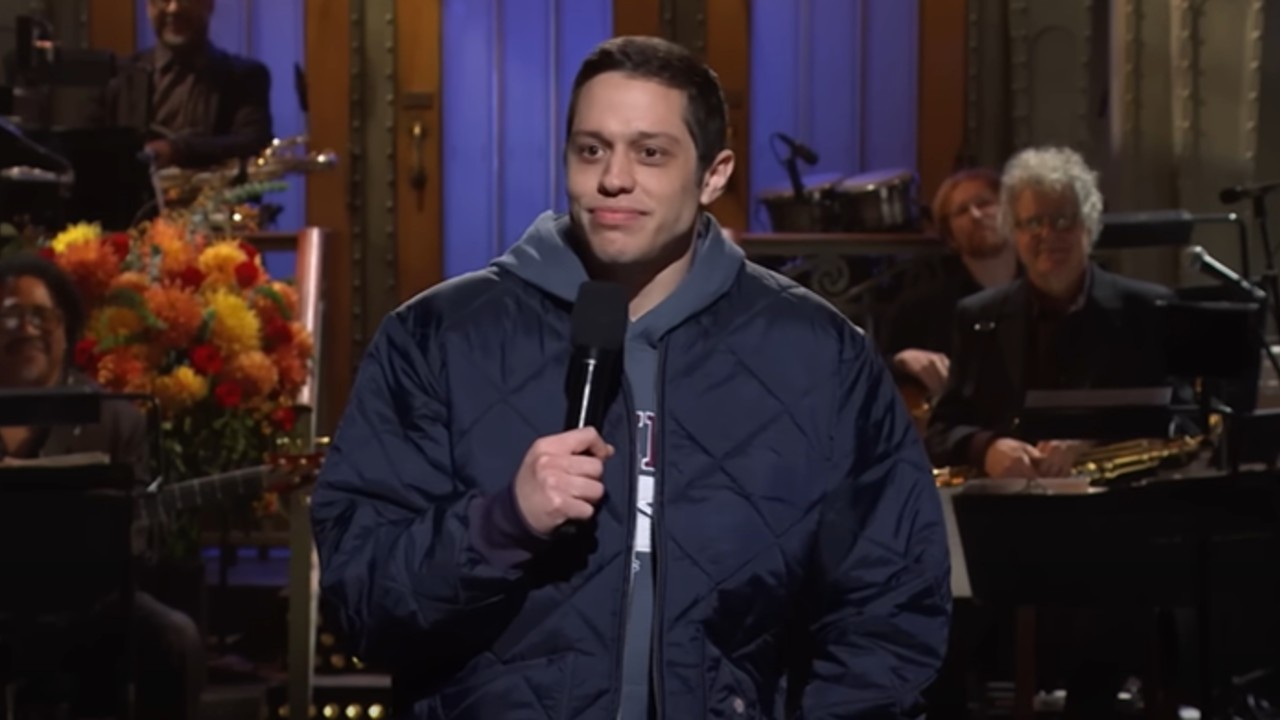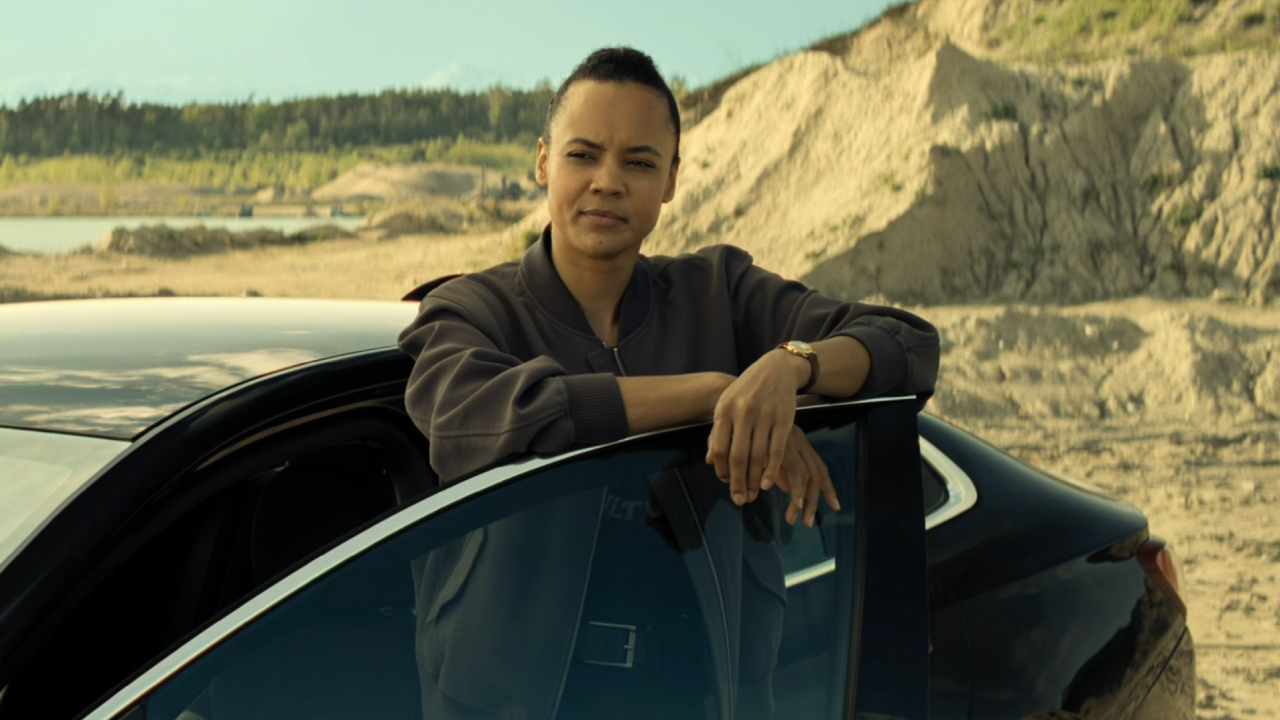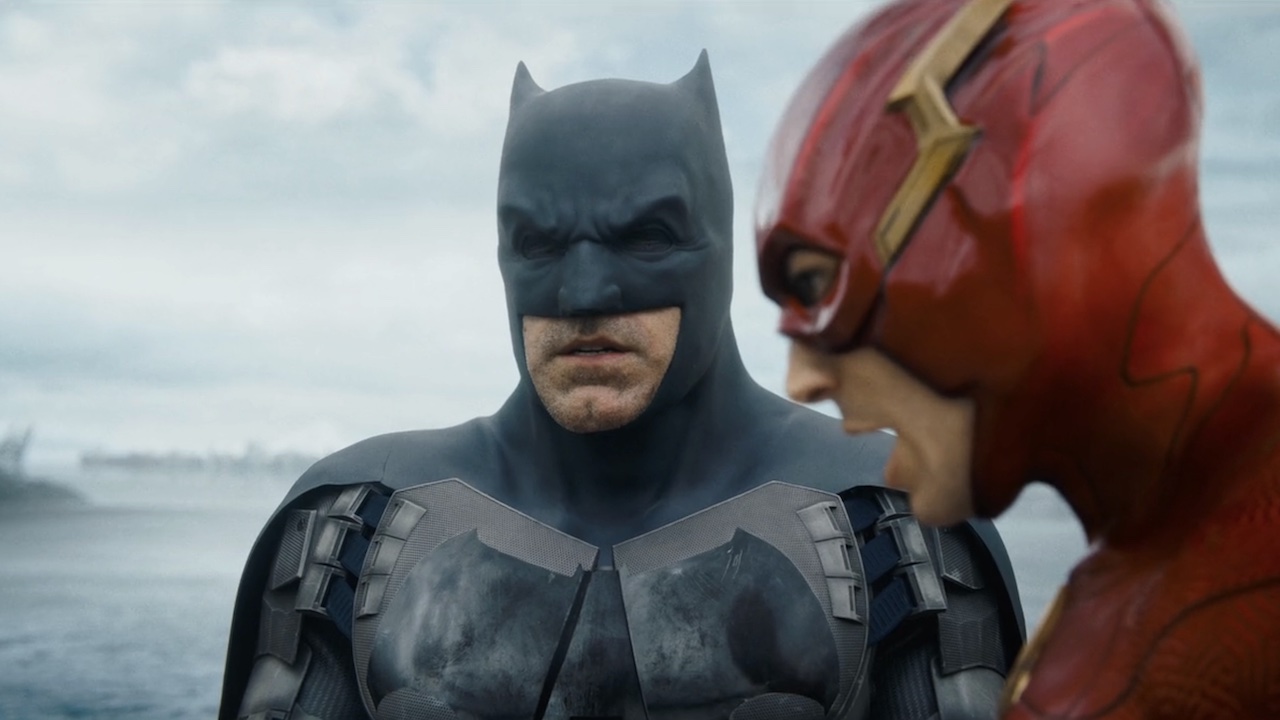Brave Co-Director Brenda Chapman Speaks Out About Devastating Loss Of The Film
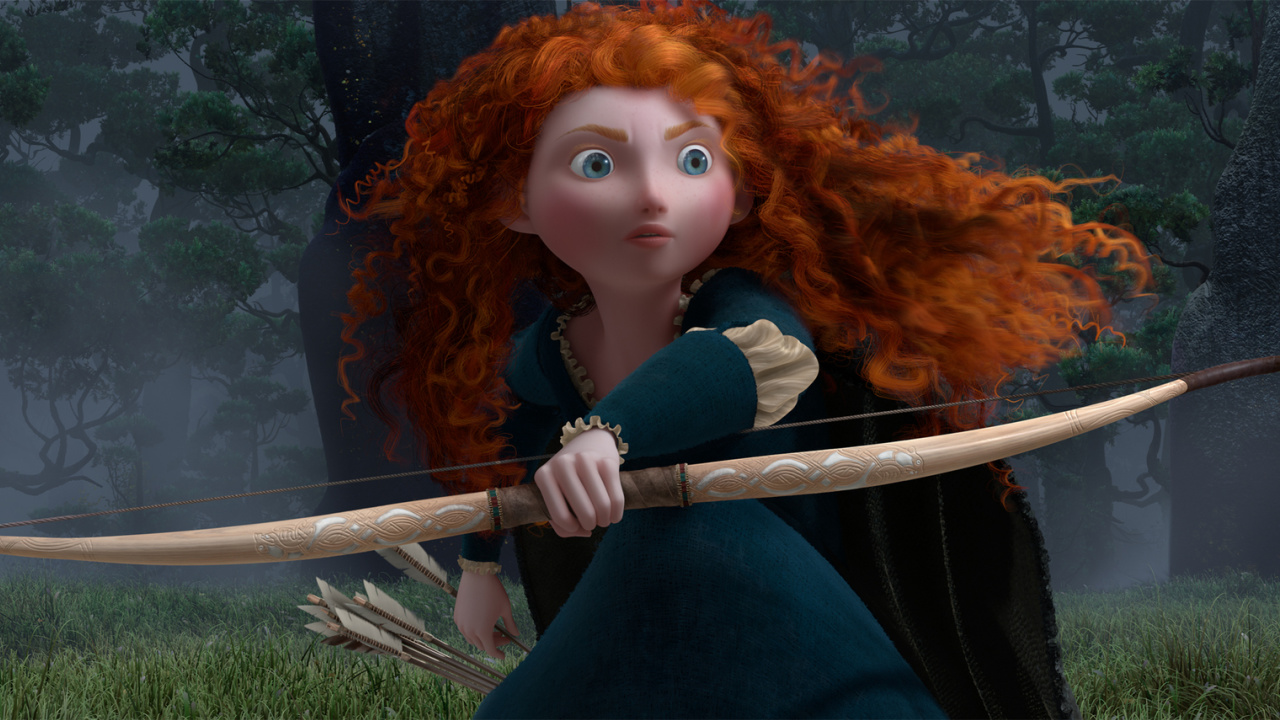
The release of Pixar's Brave went off without a hitch earlier this year-- but it would have been very, very easy for that not to happen. Pixar is usually a tightly oiled machine when it comes to both making their movies and getting them out there, telling touching origin stories about their characters-- how Wall-E was born from Andrew Stanton playing with a pair of binoculars, for example-- and constantly talking up the Pixar Brain Trust, the team of collaborators who look over every work in progress at the studio and tear it apart in order to make it better.
All of that happened to Brave, and in doing interviews-- like this one-- director Mark Andrews had great stories of his own, of being interested in Scottish history for years, and taking fact-finding trips with the rest of the Pixar team. But his co-director Brenda Chapman was absent from all of these press opportunities, and even though Andrews and everyone else spoke highly of how she guided the project, it wasn't hard to see why-- Chapman was taken off the project and replaced with Andrews with just over a year left to go before Brave's release date. That's happened a handful of times in Pixar's history, but Chapman was to be the studio's first female feature director. And the fact that she had come up with the story on her own, inspired by her own experiences as a mother, sure didn't bode well for the studio to move on without her.
But Brave turned out just fine, if not as critically acclaimed as some of the studio's other films, and to date has made $374 million worldwide. Apparently that clears the way for Chapman to speak out at last; as part of a fascinating New York Times piece about getting more female voices in Hollywood, Chapman shares the "heartbreakingly hard road" she has traveled in the year and a half since she was taken off Brave. She doesn't go into too many details, but here is one of the more stirring excerpts:
This was a story that I created, which came from a very personal place, as a woman and a mother. To have it taken away and given to someone else, and a man at that, was truly distressing on so many levels. But in the end, my vision came through in the film. It simply wouldn’t have worked without it (and didn't at one point), and I knew this at my core. So I kept my head held high, stayed committed to my principles, and was supported by some strong women (and men!). In the end, it worked out, and I’m very proud of the movie, and that I ultimately stood up for myself, just like Merida, the protagonist in "Brave."
Chapman is smart to stand by Brave-- and she's clearly right that the movie still contains a lot of her ideas-- but it's very rare for anyone to criticize the process behind one of their films, and even rarer for that to be a Pixar film. Chapman will inevitably take heat for this, but her relationship with Pixar seems to be over anyway-- she's left the studio to take on a role at Lucasfilm on a still-mysterious project. And it's inspiring to see her say out loud what many have suspected about Pixar's operations-- that as open and friendly as the studio can be, it is in fact dominated by male voices, and that can make it difficult for some women to get their stories told.
(Image via Indiewire)
CINEMABLEND NEWSLETTER
Your Daily Blend of Entertainment News
Staff Writer at CinemaBlend

